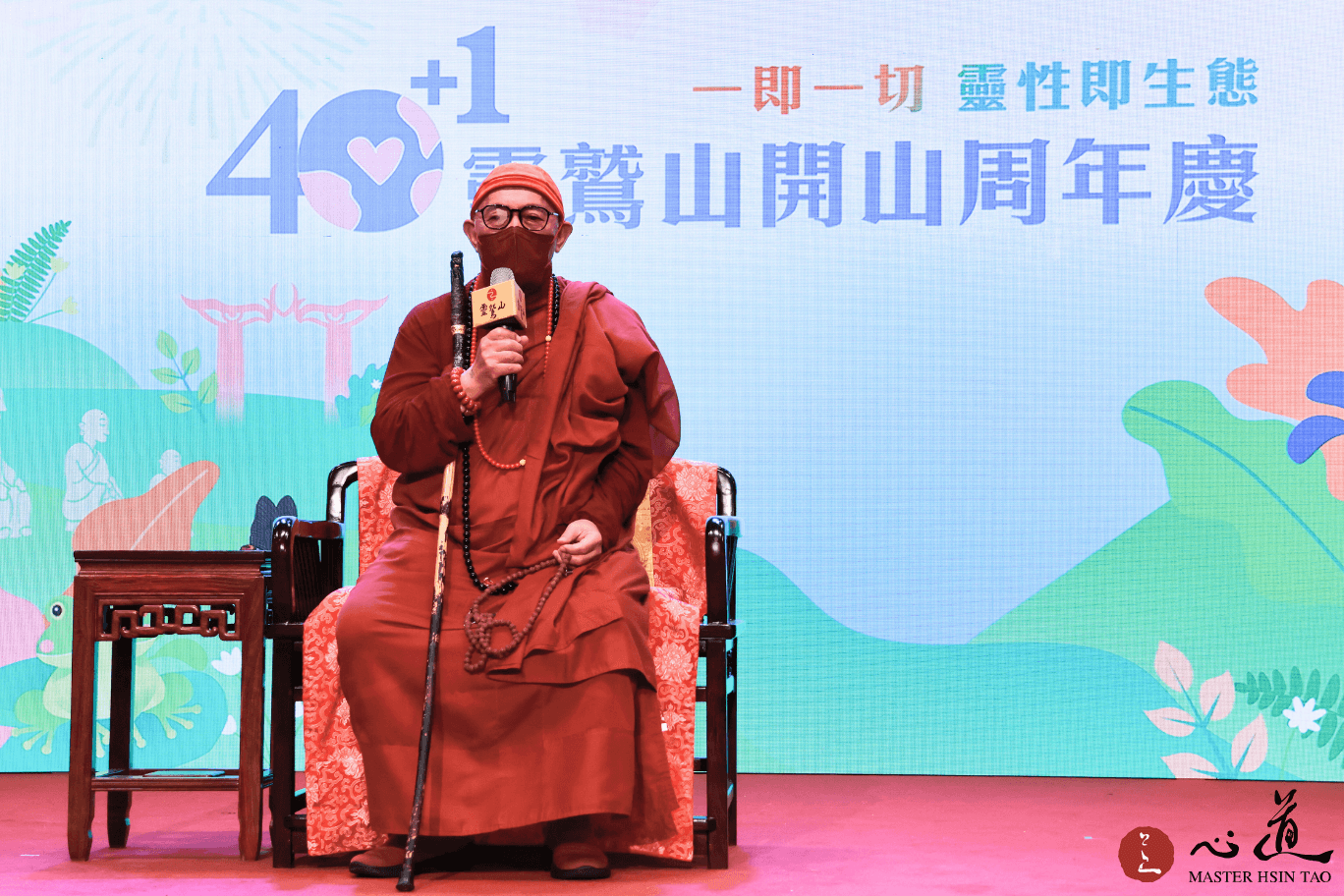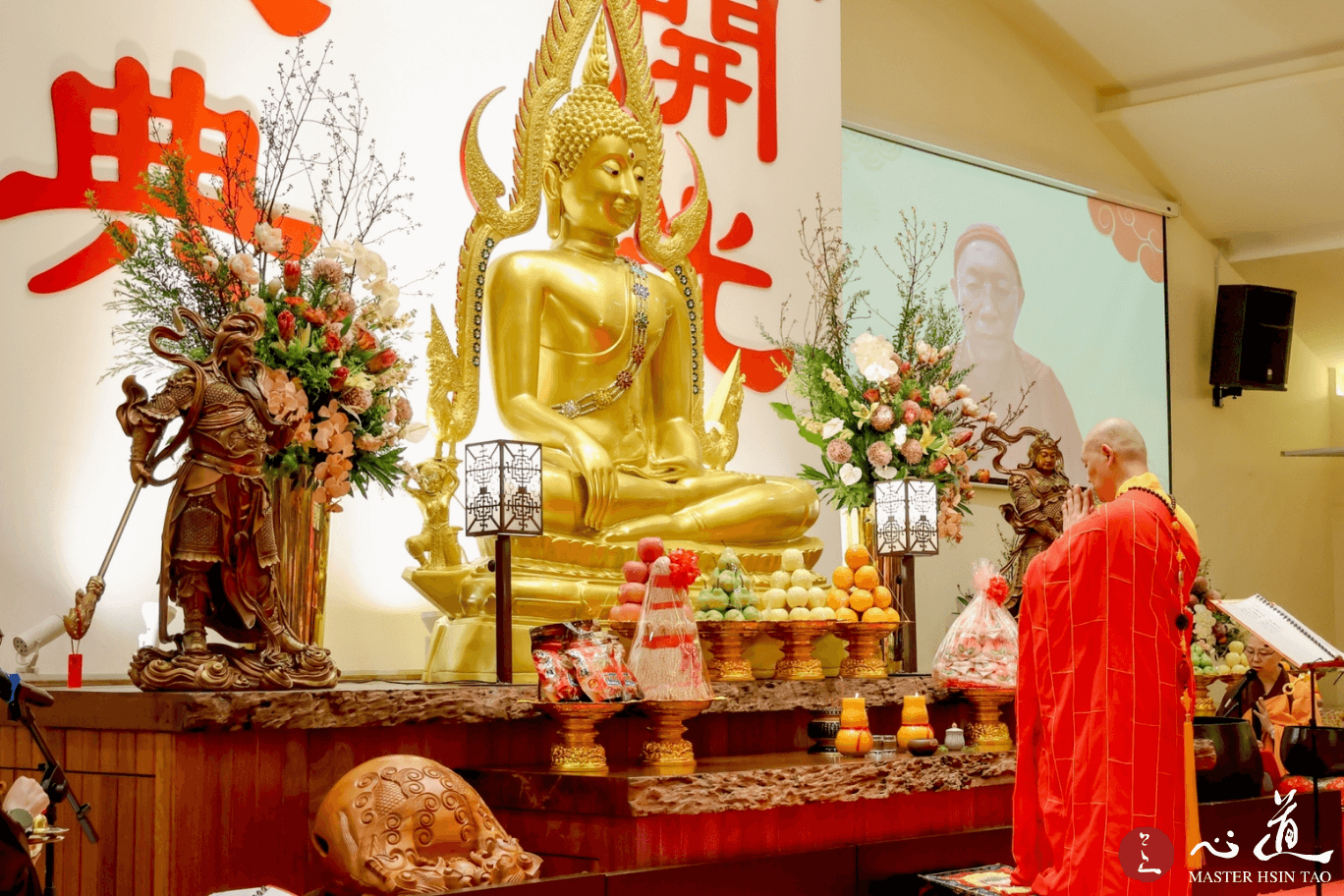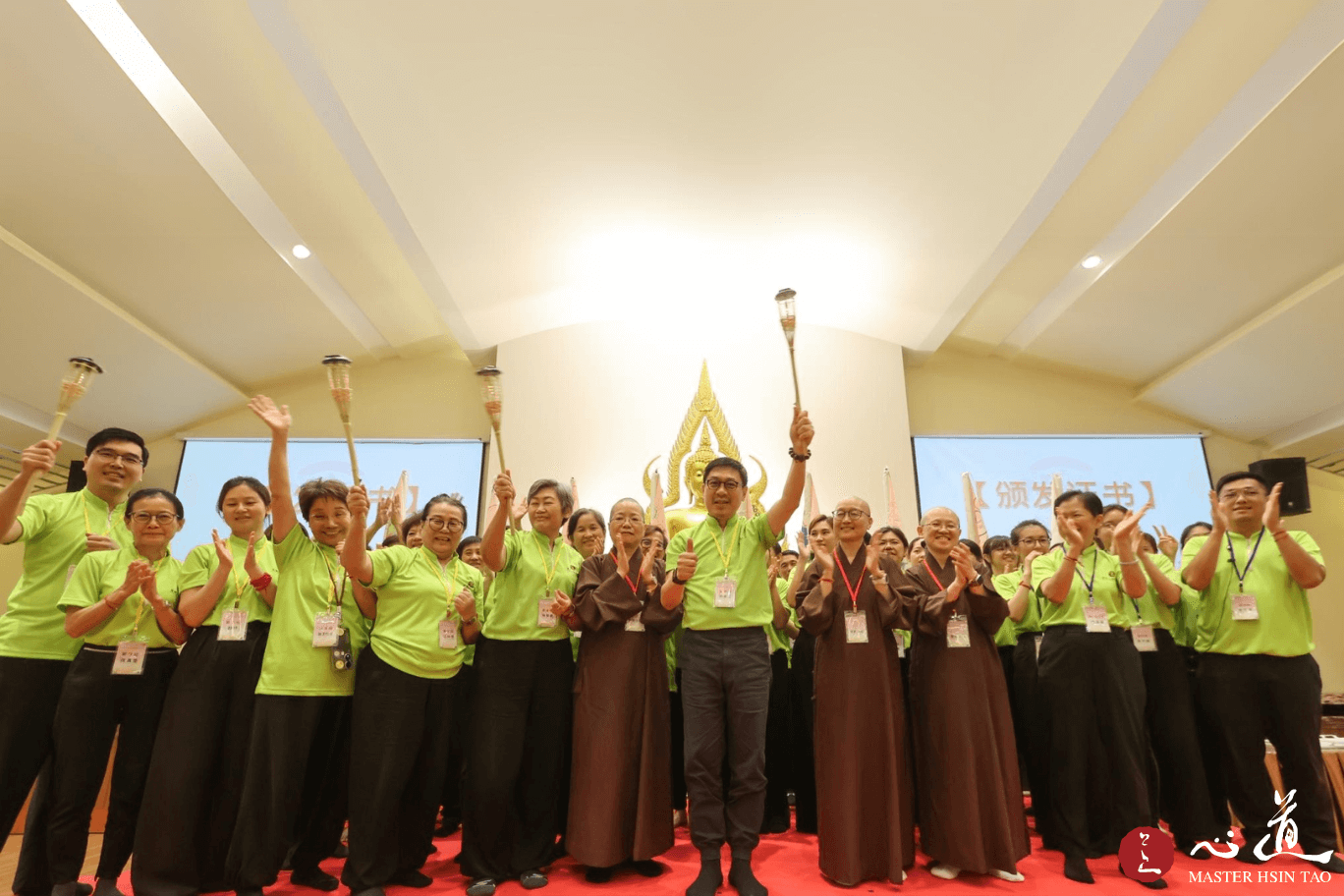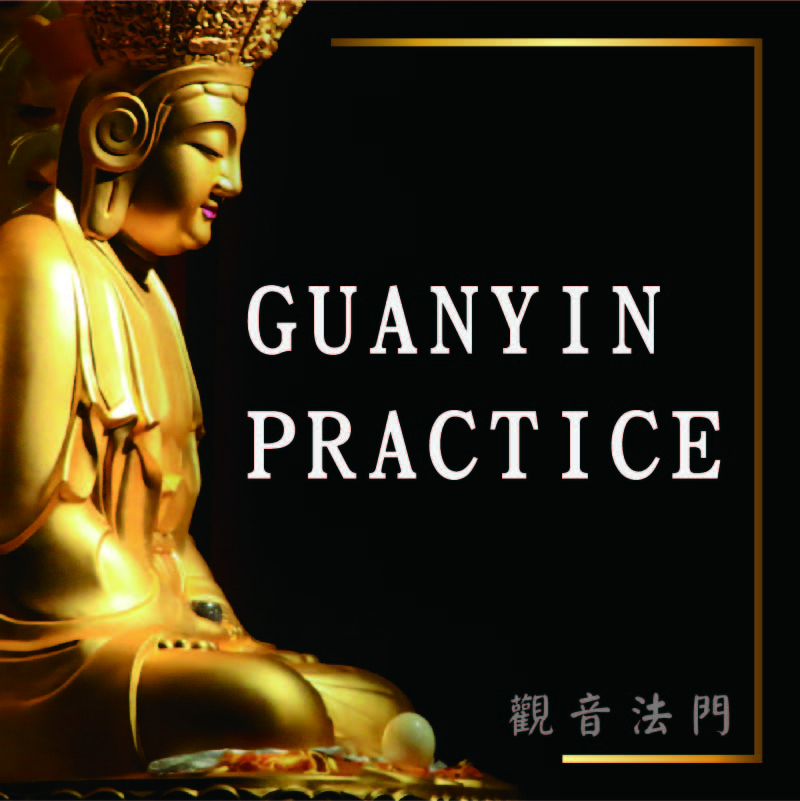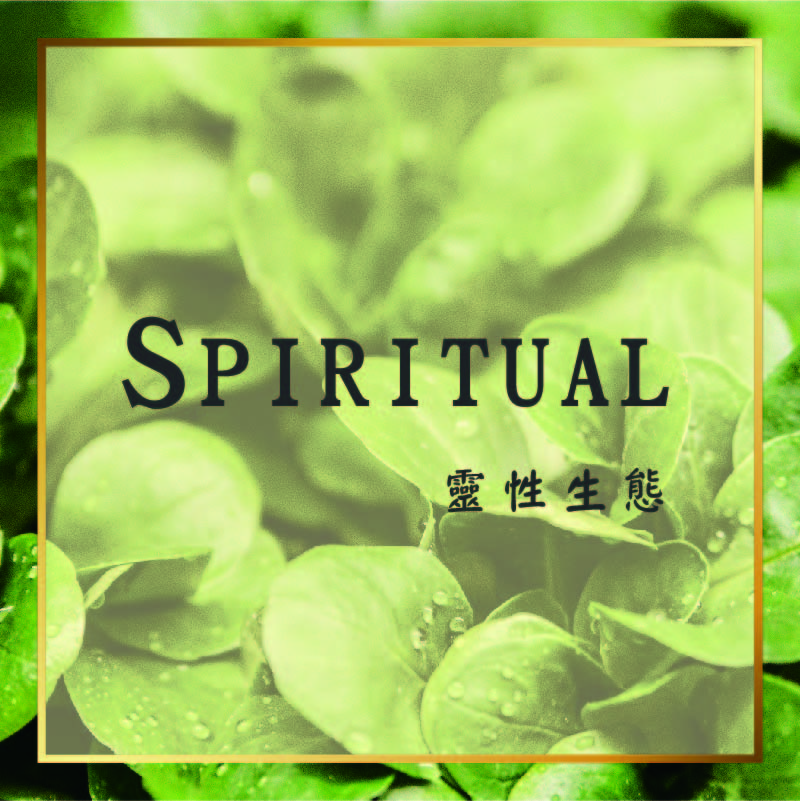
2024 Islamic-Buddhist Interfaith Dialogue: Seeking Solutions for Ecological Sustainability
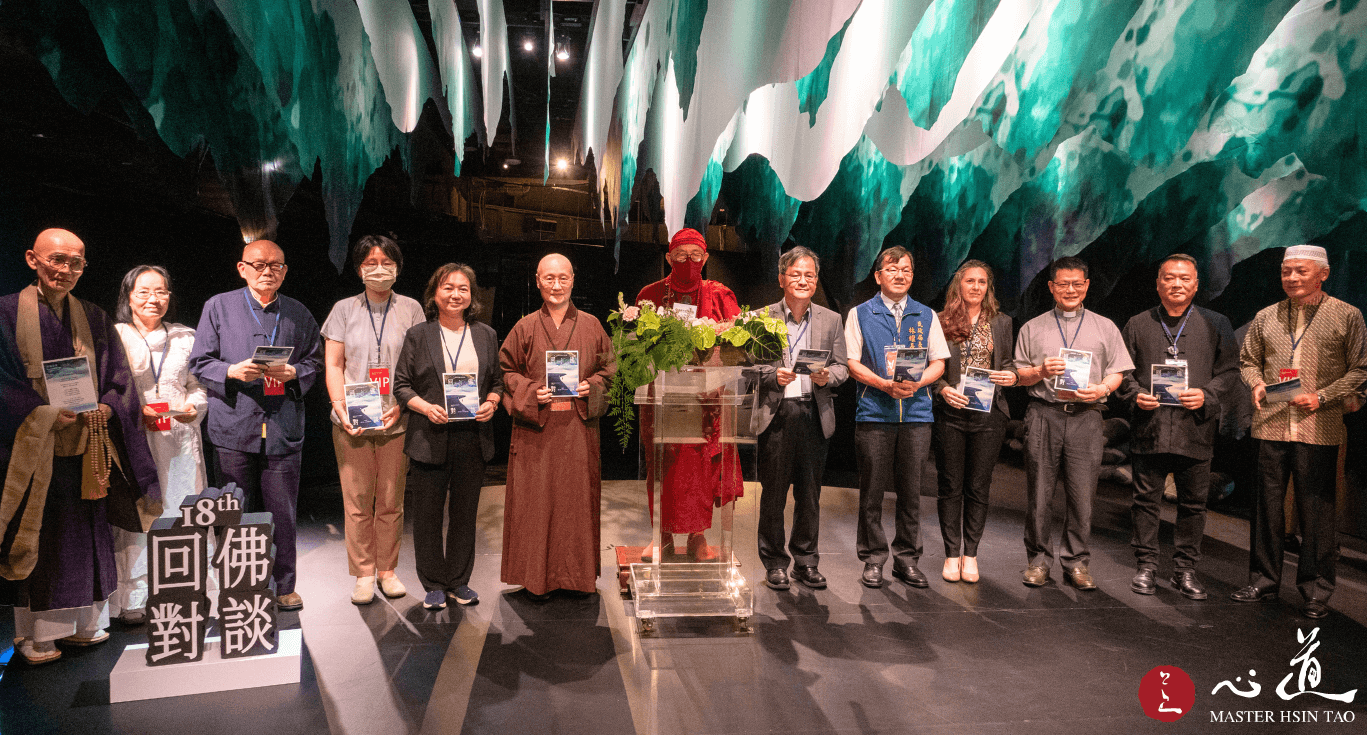 On July 5, 2024, the Museum of World Religions hosted the 18th Islamic-Buddhist Interfaith Dialogue. We extend a warm welcome and sincere gratitude to the esteemed religious leaders, scholars, and friends from diverse fields who have come together to participate. Your presence and contributions add great value to our collective effort to explore solutions toward ecological crises.
On July 5, 2024, the Museum of World Religions hosted the 18th Islamic-Buddhist Interfaith Dialogue. We extend a warm welcome and sincere gratitude to the esteemed religious leaders, scholars, and friends from diverse fields who have come together to participate. Your presence and contributions add great value to our collective effort to explore solutions toward ecological crises.
The founding vision of the Museum of World Religions is to create a space that connects different faiths and promotes dialogue and collaboration across religions and disciplines. Guided by the principles of respect, tolerance, and love, we have sought to advance peace and ecological protection. Over the past two decades, we have convened seventeen dialogues across the world, fostering continuous cross-sector collaboration. These efforts aim to address the root causes of conflict and ecological degradation, while awakening a collective awareness of the importance of peace and ecological sustainability.
At this time, the most pressing crises confronting the global community is climate disruption and ecological degradation. Across the world, disasters such as typhoons, wildfires, floods, and droughts have become increasingly frequent. Glaciers are melting, seasonal rhythms are in disarray, and the natural habitats and life cycles of countless species are being disrupted. Meanwhile, geopolitical tensions and the looming threat of nuclear conflict pose existential risks to humanity and all beings on Earth. These converging crises ultimately stem from a serious spiritual disconnection.
 Spirituality, in its primordial state, is pure and uncontrived. However, humanity has lost touch with this immaculate and unfabricated original face. As a result, five destructive afflictions of greed, aversion, ignorance, arrogance, and doubt had taken root, disturbing the elemental balance of earth, water, fire, wind, and space. It is desire and the misuse of knowledge that have obscured our spiritual state, severing our connection with the ecosystem and making us to forget that it is the common ground of all life.
Spirituality, in its primordial state, is pure and uncontrived. However, humanity has lost touch with this immaculate and unfabricated original face. As a result, five destructive afflictions of greed, aversion, ignorance, arrogance, and doubt had taken root, disturbing the elemental balance of earth, water, fire, wind, and space. It is desire and the misuse of knowledge that have obscured our spiritual state, severing our connection with the ecosystem and making us to forget that it is the common ground of all life.
“Greed” ravages ecosystems. “Aversion” invites destruction. “Ignorance” fosters attachment to appearances and possessions. These harmful tendencies are already yielding bitter consequences. With seasonal cycles thrown into disarray, seeds can no longer recognize when to sprout and reproduce, leading to the extinction of species. As biodiversity declined, human food systems come under threat, and ultimately, the survival of humanity itself is endangered.
In light of this, we emphasize the urgent need to awaken inner spirituality. Only through spiritual awakening can we come to recognize that all beings possess the same spiritual state. This state gives rise to all existence and forms the foundation of ecology. Spirituality is ecology—they are one and the same. All beings exist not in predatory opposition to us but as equal companions in a shared web of life. The spiritual state is a non-dual reality, invites us to recognize the world as an entity of interdependence characterized by interdependent diversity, interconnected, and mutual support to thrive community. Only with this understanding can we truly respect the intrinsic value of all species, make space for their continued existence, and collectively nurture the flourishing of life.
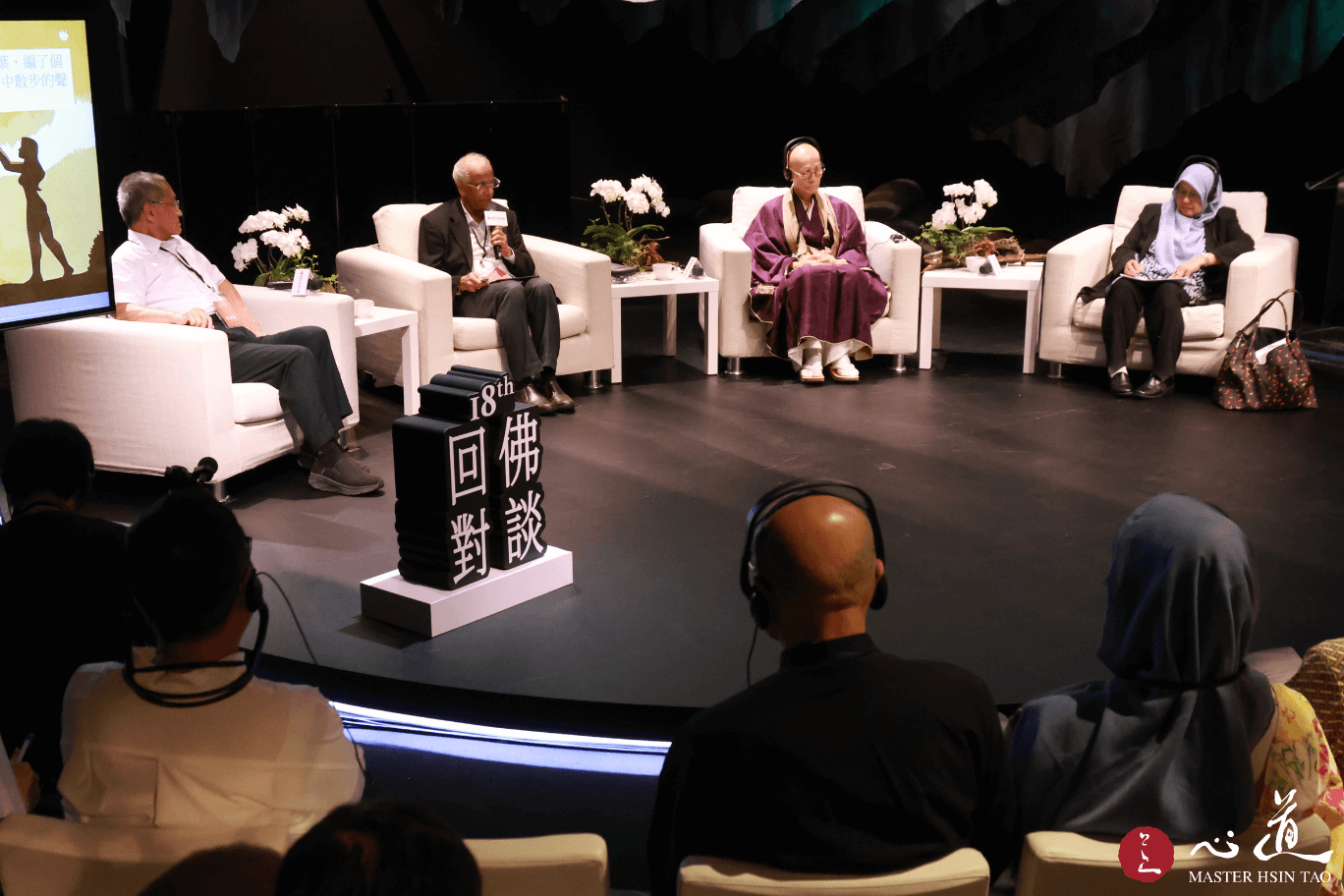 Ecological sustainability is a shared responsibility. As connectors and guardians of the collective spirituality, religions assume a special obligation to bridge spiritual consciousness with ecological awareness. From this perspective, both spirituality and ecology arise from a common spiritual source. Religions need to unite to co-create an organic, regenerative ecological community, guiding each being back to their spiritual source. By awakening the universal love that resides in all beings, we can draw upon the wisdom and strength of all disciplines, apply science and technology for the benefit of humanity, and halt the development of destructive weaponry and nuclear arms that threaten the continuity of life. The sustainability of humanity depends on the sustainability of the Earth.
Ecological sustainability is a shared responsibility. As connectors and guardians of the collective spirituality, religions assume a special obligation to bridge spiritual consciousness with ecological awareness. From this perspective, both spirituality and ecology arise from a common spiritual source. Religions need to unite to co-create an organic, regenerative ecological community, guiding each being back to their spiritual source. By awakening the universal love that resides in all beings, we can draw upon the wisdom and strength of all disciplines, apply science and technology for the benefit of humanity, and halt the development of destructive weaponry and nuclear arms that threaten the continuity of life. The sustainability of humanity depends on the sustainability of the Earth.
At this time, we are preparing for the establishment of the University for Life and Peace in Myanmar. Through education, we aim to develop a comprehensive framework from theory to practice—integrating the principle of “spirituality is ecology.” We seek to bring together various disciplines to cultivate talented individuals capable of solving critical issues. Simultaneously, we work to promote spiritual awakening as the foundation for a harmonious and sustainable way of life between humanity and the Earth, guiding people toward respect for the nature. Only through spiritual awakening can we access the wisdom and love within, dissolve the harm caused by greed, aversion, and ignorance, and create opportunities for ecological renewal.
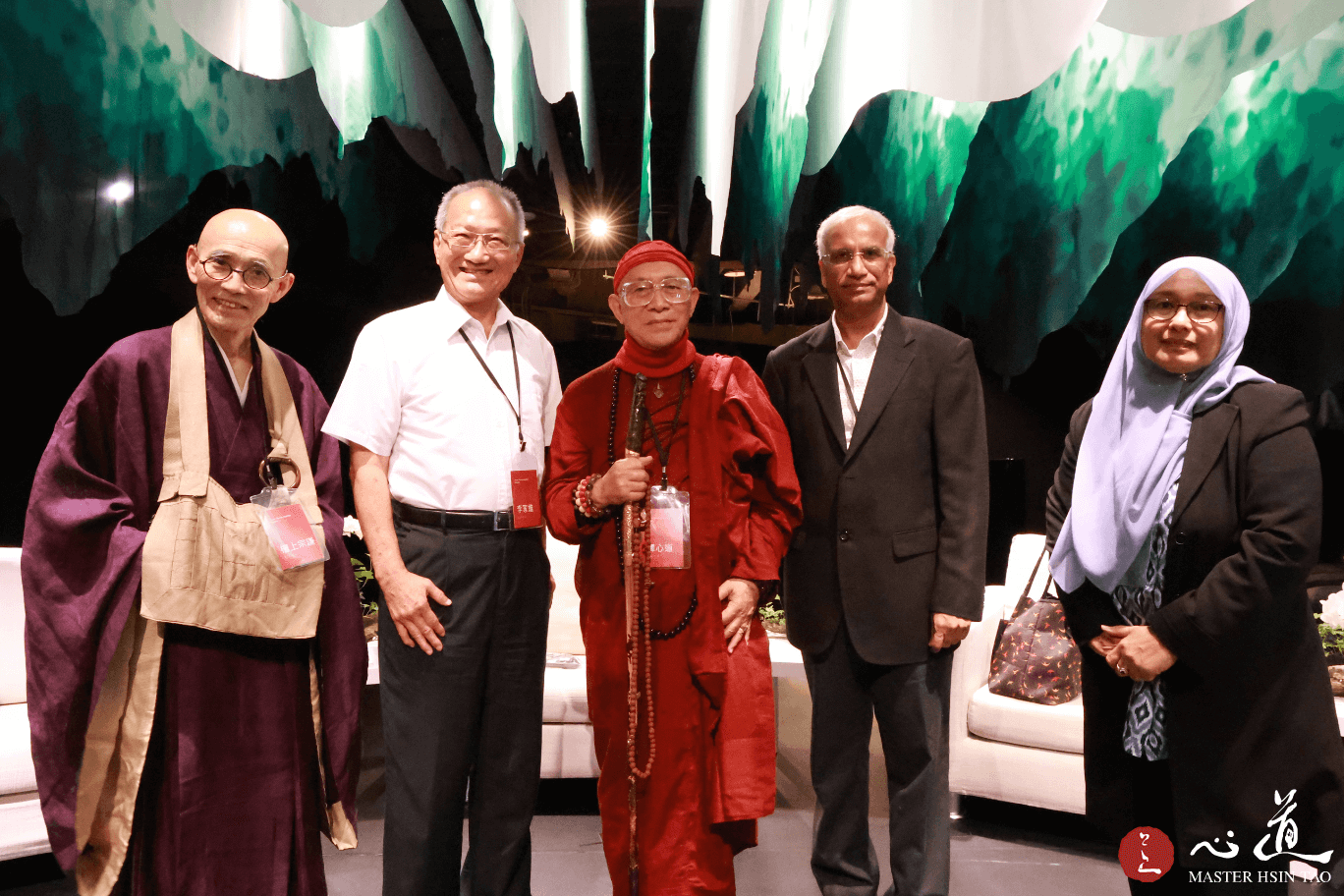 During the two-day dialogue, we will engage in seminars and exchanges of ideas, with the hope of pooling our collective insight and generating practical strategies and action plans. Our shared goal is to discover meaningful solutions for ecological sustainability and the future of humanity. We recognize that the Earth belonged to all of us. With this awareness, we must commit ourselves to deeper connection, stronger intention, and united action to restore the health of our planet.
During the two-day dialogue, we will engage in seminars and exchanges of ideas, with the hope of pooling our collective insight and generating practical strategies and action plans. Our shared goal is to discover meaningful solutions for ecological sustainability and the future of humanity. We recognize that the Earth belonged to all of us. With this awareness, we must commit ourselves to deeper connection, stronger intention, and united action to restore the health of our planet.
May each of us become a seed of love for the Earth and a disseminator of peace for the world. Let us connect through shared wisdom and compassion, and together, act in service of peace, the planet, and the thriving of life. In doing so, we can ensure a well-cared Earth, a peaceful world, and a sustainable future for both the ecosystem and humankind.


